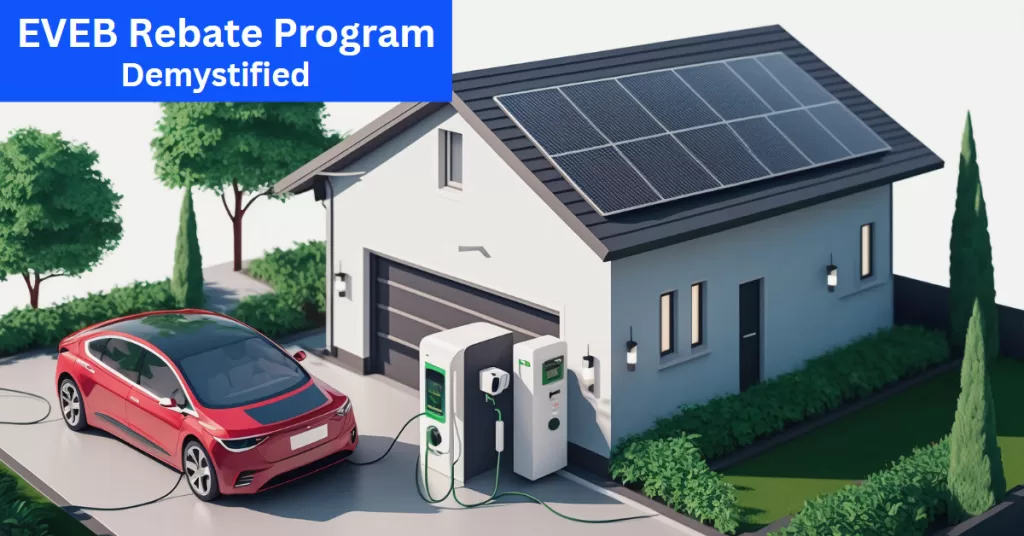Fire alarm systems are crucial for the safety of any building, whether it is a residential or commercial property. However, there are often many questions and concerns surrounding the installation and maintenance of these systems. In this article, we’ll answer some of the most frequently asked questions about fire alarm installations to help you better understand the process and ensure the safety of your property and its occupants.
Fire Alarm Installs FAQ’s
Can I install a fire alarm myself?
You can install your own smoke and carbon monoxide detectors in your own home after applying for and receiving a permit from the local inspection authority. These will require interconnection between the devices along with hard wired power. If you would prefer, you can install battery powered smoke and carbon monoxide detectors wherever, and as many as you would like, this would not be a suitable substitution for a properly installed interconnected smoke alarm system installed to the current Canadian electrical code.
However, it is important to note that these DIY installations may not be sufficient for larger or more complex properties, such as commercial buildings. In those cases, it is highly recommended to hire licensed electricians who are experienced in fire alarm installation and familiar with the current Canadian electrical code. Not only will they ensure proper installation and interconnection between devices, but they can also advise on the best type of alarms for your specific needs.
How often should a fire alarm be serviced?
Regular maintenance of fire alarm systems is essential to ensure their effectiveness in case of an emergency. For commercial properties in Edmonton, annual inspections following CSA specifications are required by law. In addition, monthly testing of smoke alarms at home should be conducted according to manufacturer’s recommendations or local codes if applicable. This includes pushing the test button on each device and verifying that all interconnected alarms sound off.
Should I install a fire alarm on the wall or ceiling?
The mounting location of fire alarms, or “smoke alarms” or “smoke detectors” depends on various factors such as ceiling height, room layout and accessibility for maintenance purposes. Generally speaking, smoke detectors can be mounted either on walls or ceilings depending on local codes and manufacturer’s guidelines. However, some experts recommend mounting them at least 12 inches away from corners where walls meet ceilings since this area could trap smoke before it reaches the detector.
Do you need a fire alarm upstairs and downstairs?
Having adequate coverage throughout your property is crucial when it comes to early detection of fires and alerting occupants as soon as possible. Therefore installing interconnected smoke detectors around bedrooms upstairs and downstairs would provide optimal protection against any potential threats while ensuring everyone hears the alarm regardless of where they are in the building. Ensuring that all occupants of the home that may be sleeping can hear the smoke alarm easily and to respond accordingly.
What type of smoke detector is best?
There are two main types of smoke detectors: ionization and photoelectric. Ionization detectors use a small amount of radioactive material to detect tiny particles produced by flaming fires, while photoelectric detectors use light beams to detect larger smoke particles produced by smoldering fires. Both types have their advantages and disadvantages, so it is important to choose the right type based on your specific needs and preferences.
For example, ionization alarms may be more responsive to fast-flaming fires but can be prone to false alarms triggered by cooking or steam from showers. On the other hand, photoelectric alarms may be better at detecting slow-smoldering fires but could miss fast-burning flames altogether.
It is also worth considering smart smoke detectors that can connect to your home automation system or mobile devices for added convenience and peace of mind. These devices often come with additional features such as voice alerts, carbon monoxide detection and remote monitoring capabilities.
Personally, at Alpha Electrical Services, we like to use Kidde smoke alarms in homes as they have been the most reliable and durable over the years with the least amount of recalls, and defective products.
Do smoke and carbon-monoxide alarms in a secondary suite have to be hard-wired and interconnected with the main home’s alarms?
Yes. Alberta’s building code states that any house containing a secondary suite must have hard-wired, interconnected smoke and CO alarms in both the principal dwelling and the suite—so when one alarm sounds, they all sound. Battery-only units don’t meet code. If you’re converting or building a suite, be sure the electrical plan includes these devices on a dedicated circuit approved by your permit. For a complete checklist, visit our Secondary Suite Electrical Services page.
Fire Alarm Installs Require Careful Considerations
Read next: Edmonton EVEB Rebate Program Demystified
Fire alarm installations require careful consideration and planning in order to ensure optimal protection against potential threats. Hiring licensed electricians who are experienced in fire alarm installation is highly recommended for commercial properties while DIY options may suffice for smaller homes after obtaining proper permits. Regular maintenance of these systems is essential along with choosing the right type of detector based on your specific needs and preferences. By taking these steps, you can help keep your property safe from the devastating effects of fires while ensuring everyone’s safety inside it.

